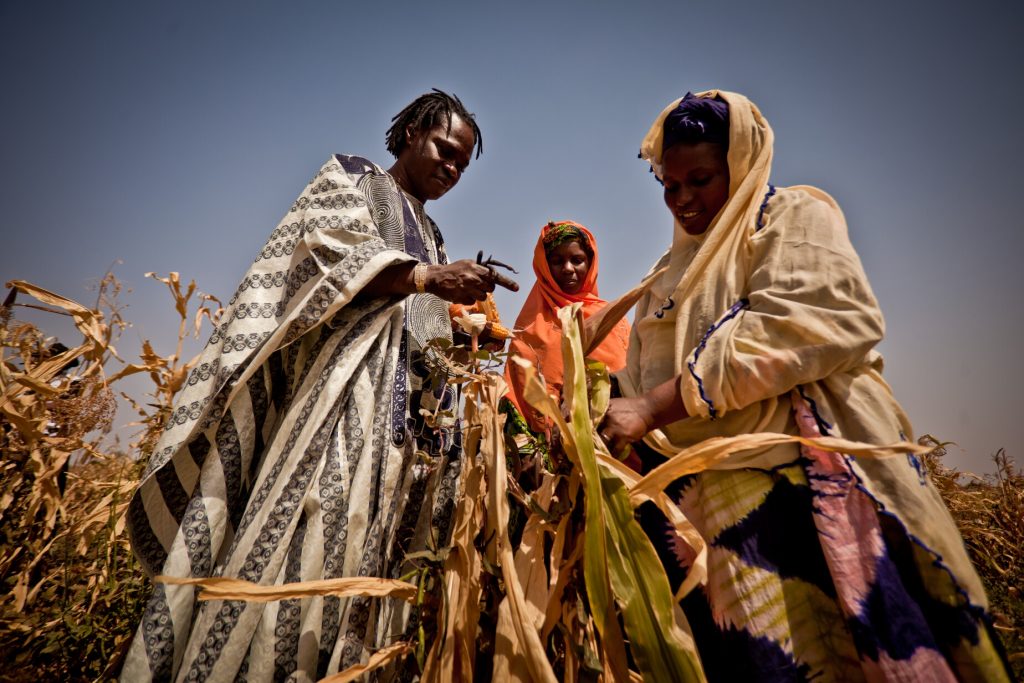New study investigates how much climate change affects the risk of armed conflict

A key finding of the study published in the journal Nature, is that experts agree that climate change has increased conflict risks historically, but other drivers, such as low socioeconomic development and low capabilities of the state, are much more influential. Risks increase with intensifying climate change. In a scenario with 4 degrees of warming the best estimate across experts is a 26 percent chance of a substantial increase in conflict risk. While uncertainty about pathways are substantial, the study underlines the potential for important security implications if the emission of greenhouse gases is not curbed.
Research findings in this area have often been pointed out as “inconclusive” and “disputed”. This study documents the range of judgements in this field across the spectrum of disciplines and previous conclusions on the topic in depth. It shows there is agreement on fundamental issues across this diverse set of experts, but also major uncertainties.
The study brings together eleven highly-cited experts on climate change and armed conflict with a team from the Stanford Environment Assessment Facility led by Katharine Mach. Mistra Geopolitics researcher, Nina von Uexkull, is one of the selected experts who contributed to the study providing assessments and insights based on her research which has focused on this topic for the past eight years. At the same time, together with other co-authors, they have contributed to the study’s design and interpretation of results.
The security implications of climate change are on the political agenda. For example, Sweden is working towards raising international attention and capabilities such as within the United Nations. The study shows that there is agreement on many issues documenting thoroughly and systematically the knowledge of experts that have studied security implications of climate change for many years. It gives important guidance on pathways, risks, strategies to reduce these risks, as well as the degree and sources of uncertainty in what we know to date. The study thus offers important insights to understanding the role of environmental change in compounding conflict risks, which impact Swedish interests (Work Package 2).
Written by: Nina von Uexkull



